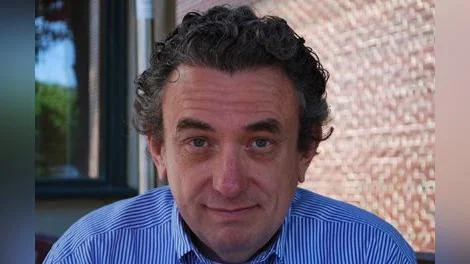
Austin Ruse President | The Center for Family and Human Rights
Within days of Donald Trump's inauguration, U.S. delegates at the United Nations began advocating for the removal of gender ideology and "diversity, equity, and inclusion" (DEI) initiatives from UN policy. This move was unexpected for many as it highlighted the extensive presence of DEI within the UN's bureaucracy and agencies.
The pushback came in response to efforts initiated by the UN Secretary-General following a global reckoning on institutional and systemic racism in 2020. A task force was established to create a DEI glossary, vision, and principles aimed at transforming the UN system workforce and workplace. The vision statement indicates that embedding these DEI principles is essential for transformative change in communities served by the organization.
Although initially focused on racial discrimination, DEI has expanded to include sexual orientation and gender identity alongside race, sex, and disability across the UN system. The glossary includes terms like "sexual rights," "coming out," "cisgender," and "gender expression," which are labeled as relevant in the DEI context but not internationally agreed language.
The United Nations Population Fund (UNFPA) highlights that five percent of its personnel identify as LGBTQIA+ individuals. It allows employees to use a third-gender prefix option in their directory, making it the first UN agency to recognize non-binary colleagues accurately. Additionally, UNFPA's director has publicly opposed criminalization of homosexual acts in some countries.
Similarly, the World Health Organization (WHO) commits to recruiting staff with diverse sexual orientations and gender identities. It established a Department of Gender, Rights, and Equity – Diversity, Equity, and Inclusion (GRE-DEI), tasked with developing guidelines on transgender health. These guidelines have faced controversy due to alleged manipulation of scientific methodology by an involved group.
The central theme connecting these initiatives is that they mainstream gender ideology throughout the UN without consensus-based mandates from member countries while using politically charged terminology from activist groups rather than negotiated international definitions.
The recent U.S. delegation's opposition could lead to broader dismantling of DEI across the UN system or at least bring attention to its presence within various programs linked to controversial gender ideology issues.

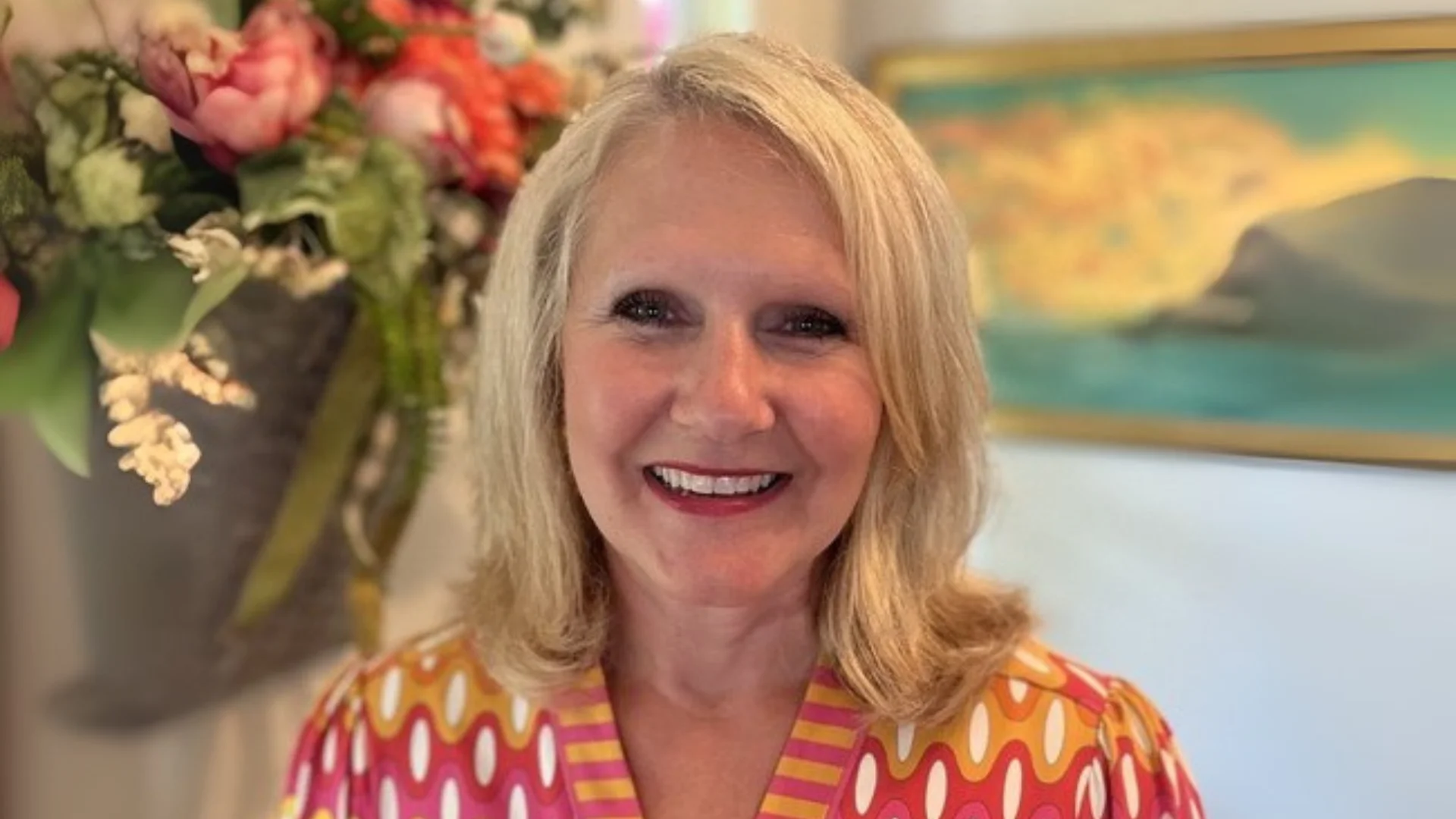
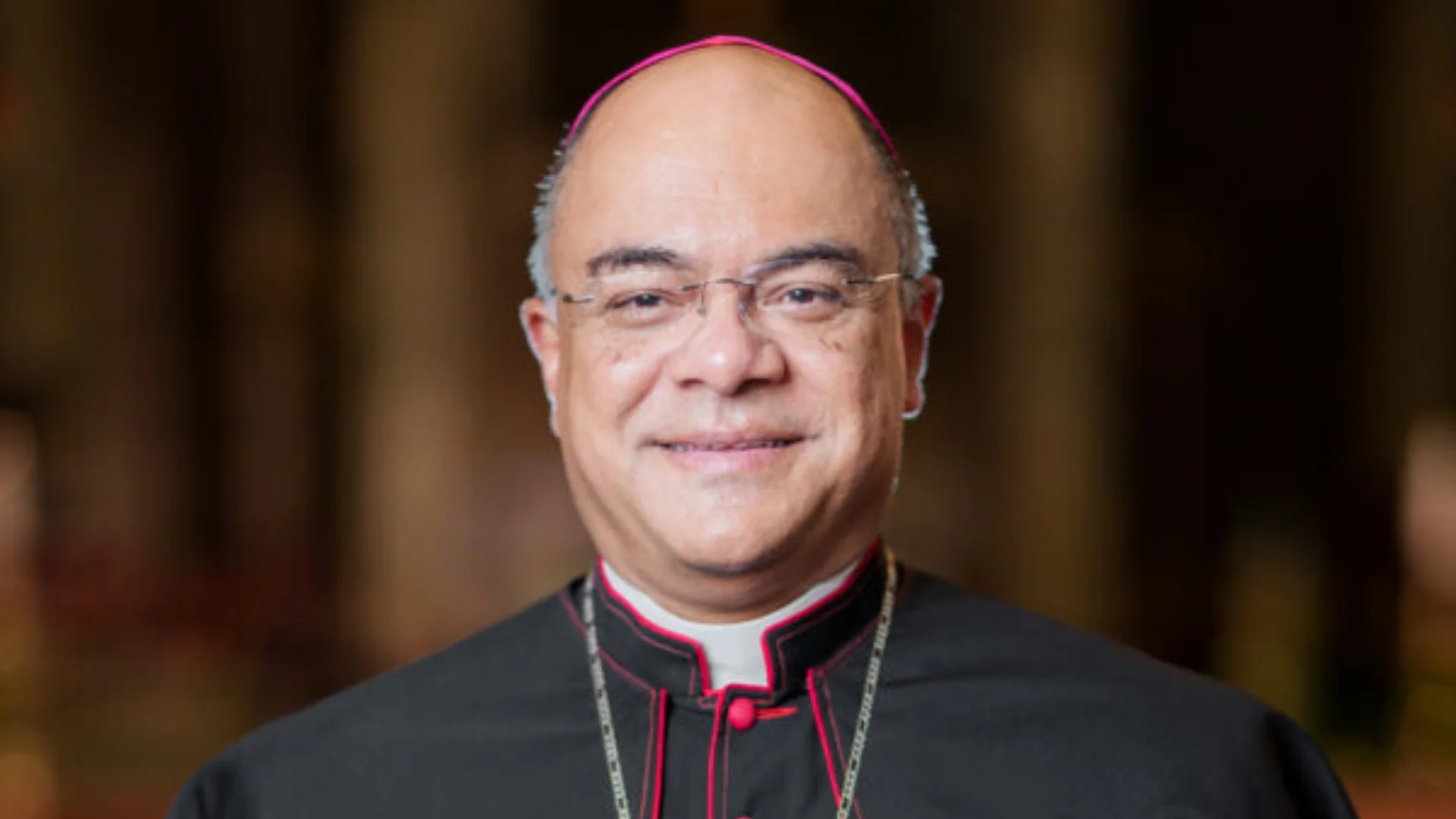
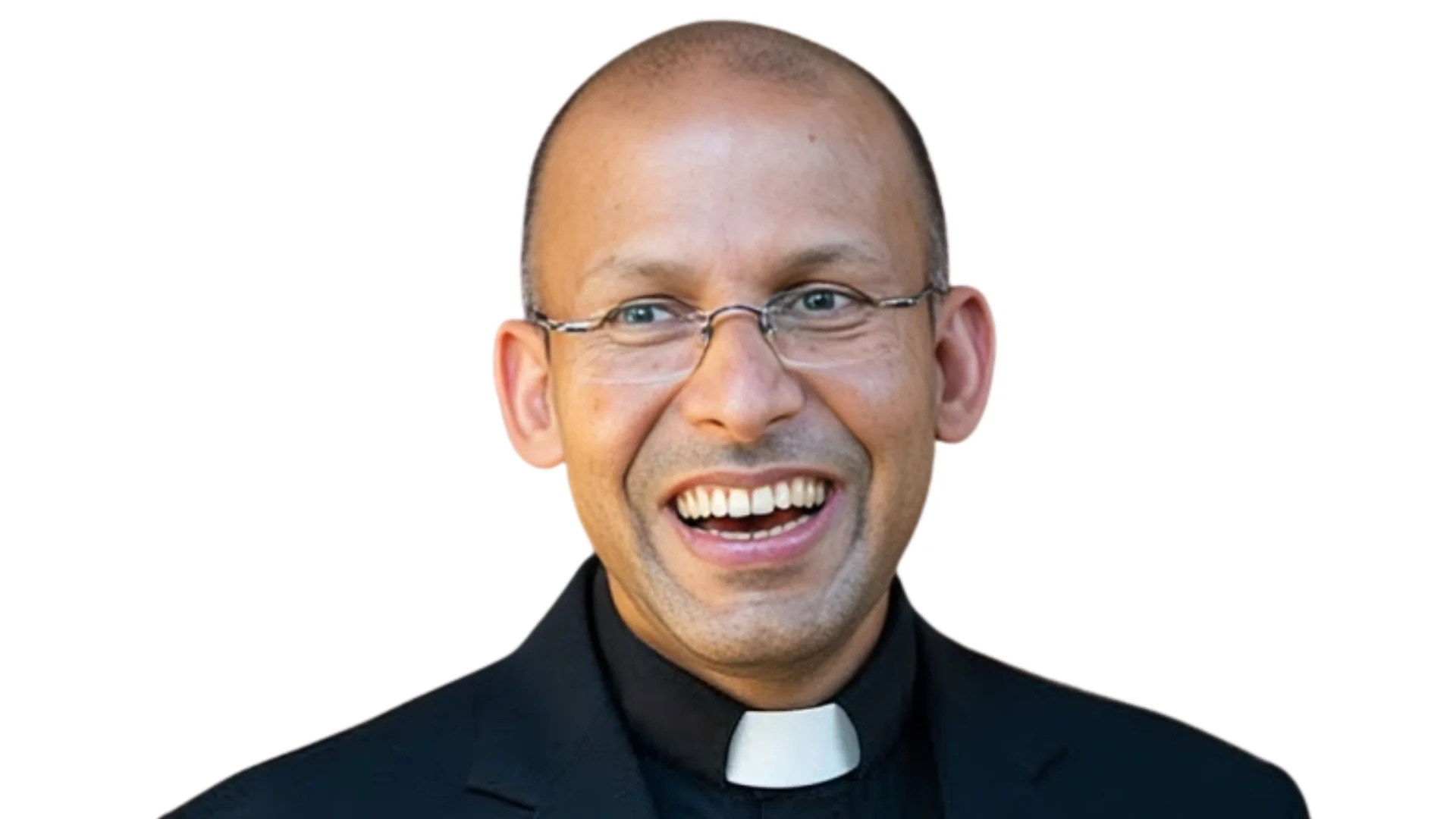

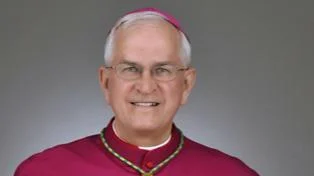
 Alerts Sign-up
Alerts Sign-up